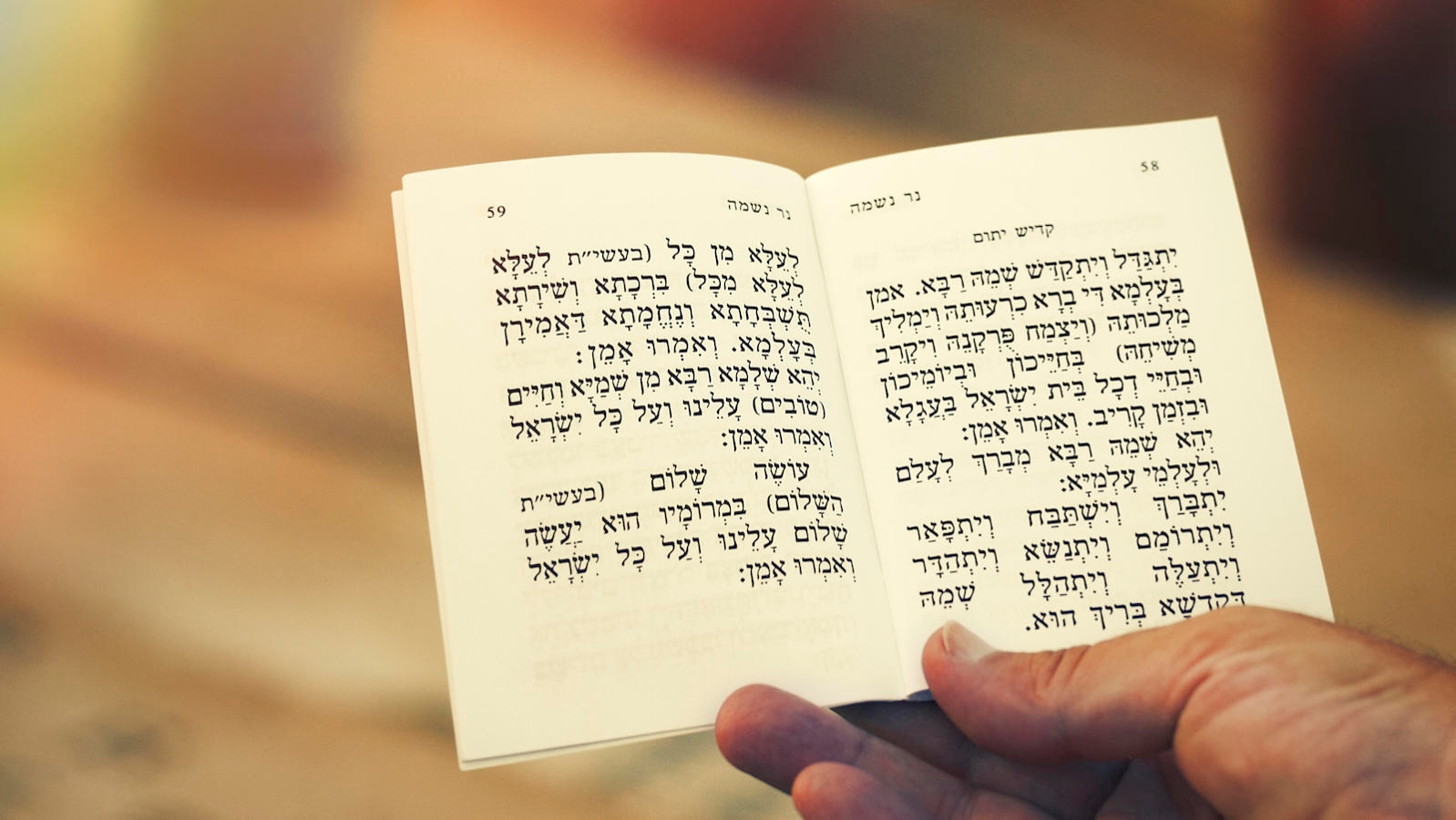Kaddisch
Maurice Ravel: "Kaddisch" from Deux Mélodies Hébraiques (Two Hebrew Melodies)
The Kaddish, also spelled Qaddish, in Judaism, is a doxology (hymn of praise to God) that is usually recited in Aramaic in all synagogue services. The nucleus of the prayer is the phrase:
Glorified and sanctified be God's great name throughout the world which He has created according to His will. May He establish His kingdom in your lifetime and during your days.
The congregation responds (this section being omitted from Ravel's version):
May His great name be blessed forever to all eternity.

Originally, the Kaddish was recited in the rabbinical academies at the conclusion of public study or after the sermon of the preacher. In time it became a regular feature of the synagogue service. The prayer also expresses the plea for the quick realisation of the messianic age: and, because the resurrection of the dead is associated with the coming of the Messiah, the Kaddish eventually became the prayer of mourners. It is recited by the mourners for a period of 11 months and one day after the death of a parent or closer relative.
Here is the Ravel's original version for voice and piano, performed by Cecilia Bartoli and Myung Whun Chung:
And here is the same piece, but arranged for string orchestra and cello by Richard Tognetti, performed by Steven Isserlis and the Norwegian Chamber Orchestra:
Maurice Ravel
Maurice Ravel was born in a village near Saint-Jean-de-Luz, France, of a Swiss father and a Basque mother. His family background was an artistic and cultivated one, and the young Maurice received every encouragement from his father when his talent for music became apparent at an early age.
In 1889, at the age of 14, he entered the Paris Conservatoire, where he remained for six years. During this period he composed some of his best-known works, including Pavane for a Dead Princess, the Sonatine for piano, and the String Quartet.
 |
| Joseph-Maurice Ravel (7 March 1875 - 28 December 1937) |
Ravel's life was otherwise relatively uneventful. He never married, and, though he enjoyed the company of a few chosen friends, he lived the life of a semi-recluse at his country retreat at Montfort-L'Amaury, in the forest of Rambouillet, near Paris. He served in World War I for a short time as a truck driver at the front, but the strain was too great for his fragile constitution and so he was discharged from the army in 1917.

Sources: Encyclopaedia Britannica
Comments
Post a Comment